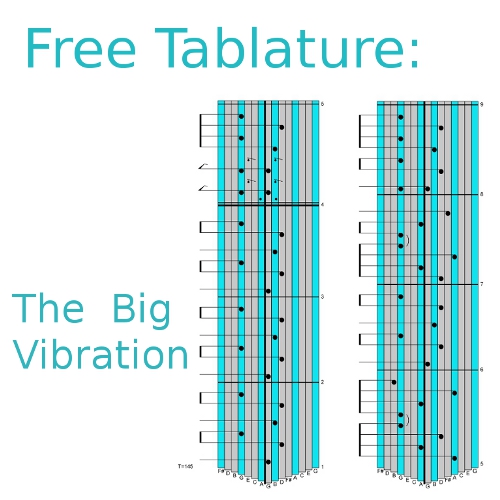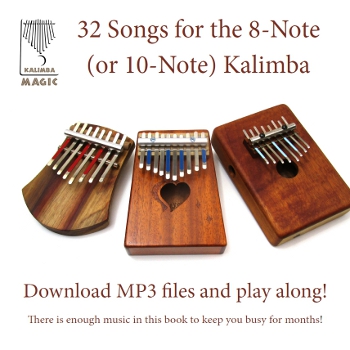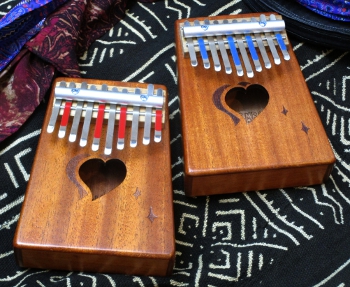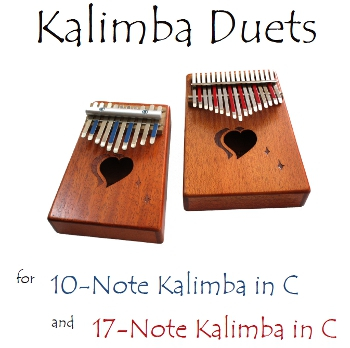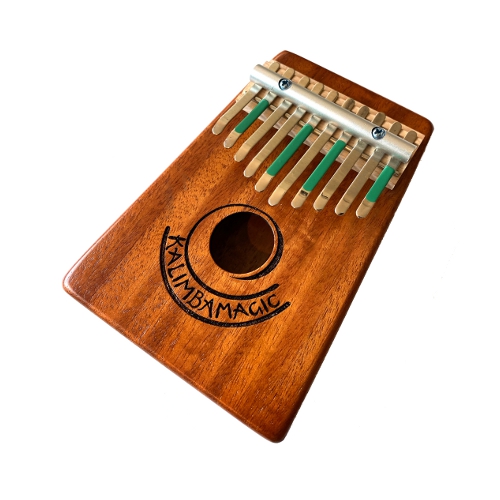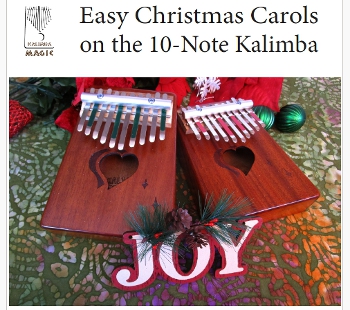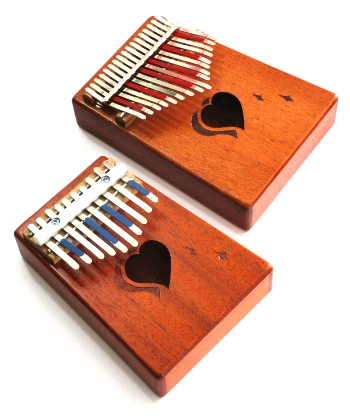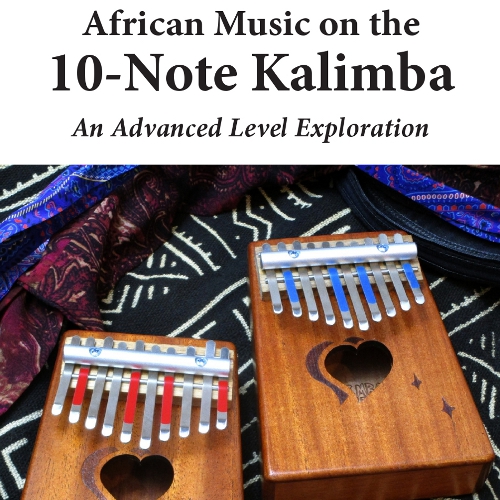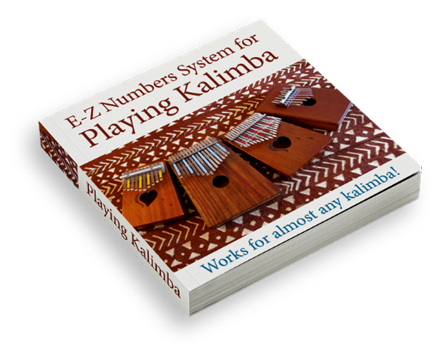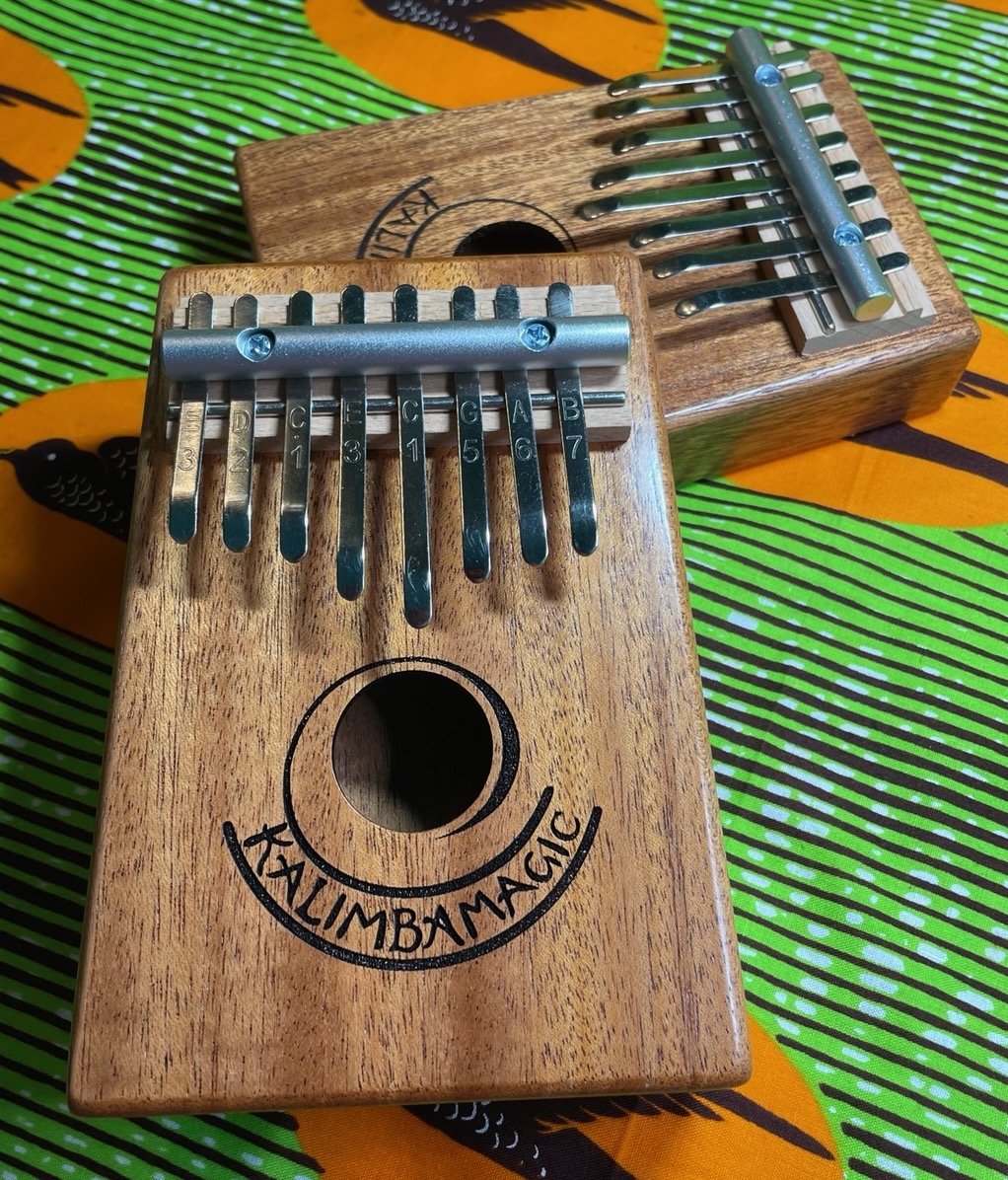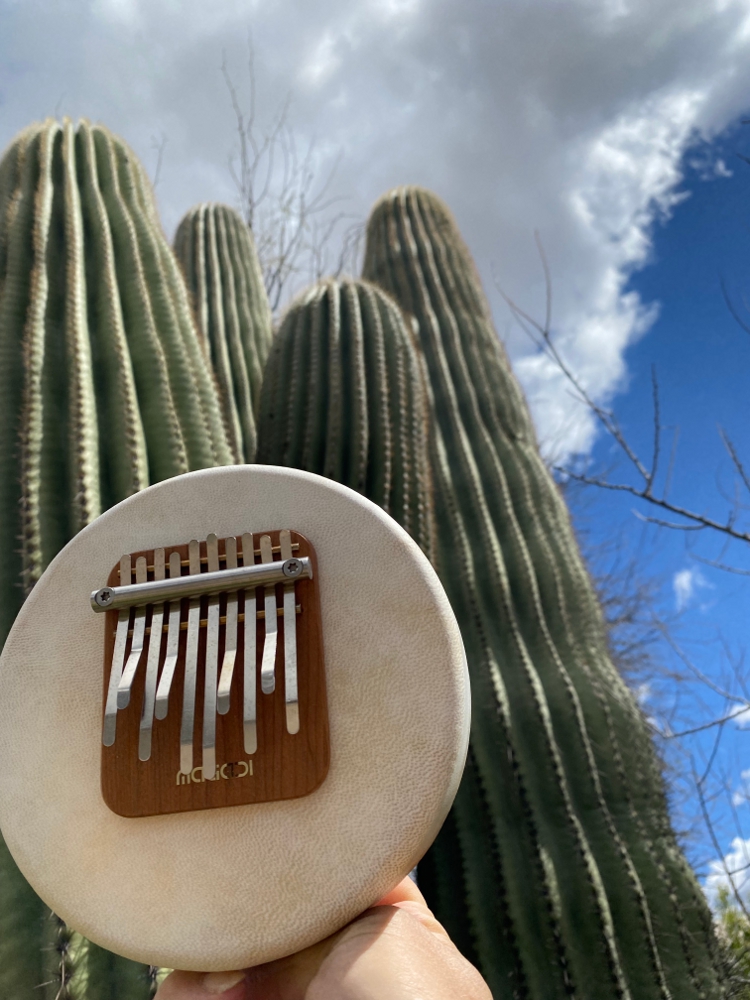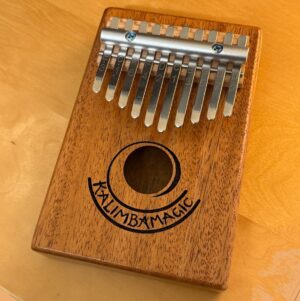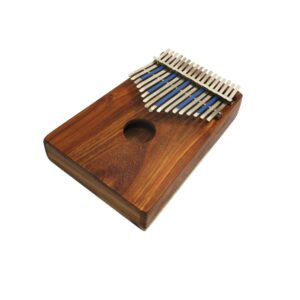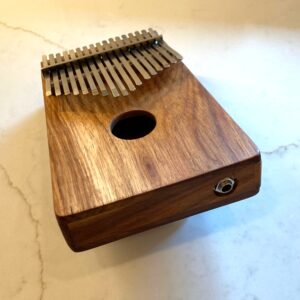
I’m Selling Kalimba Magic, and Looking for a Buyer
For 18 years, I have made my living from my business, Kalimba Magic. The basic premise of my business is that the Kalimba is a real musical instrument, capable of much musical magic. And so, I created a great many kalimba instructional guides showing people now to understand their kalimba and how to get good music out of it. I also worked with the community of kalimba players and together, we have made a great many exotic kalimba tunings available to the world, many with specialized instructional materials. But now, I am ready for a change. So, I am looking to the community of kalimba players and kalimba experts. How
